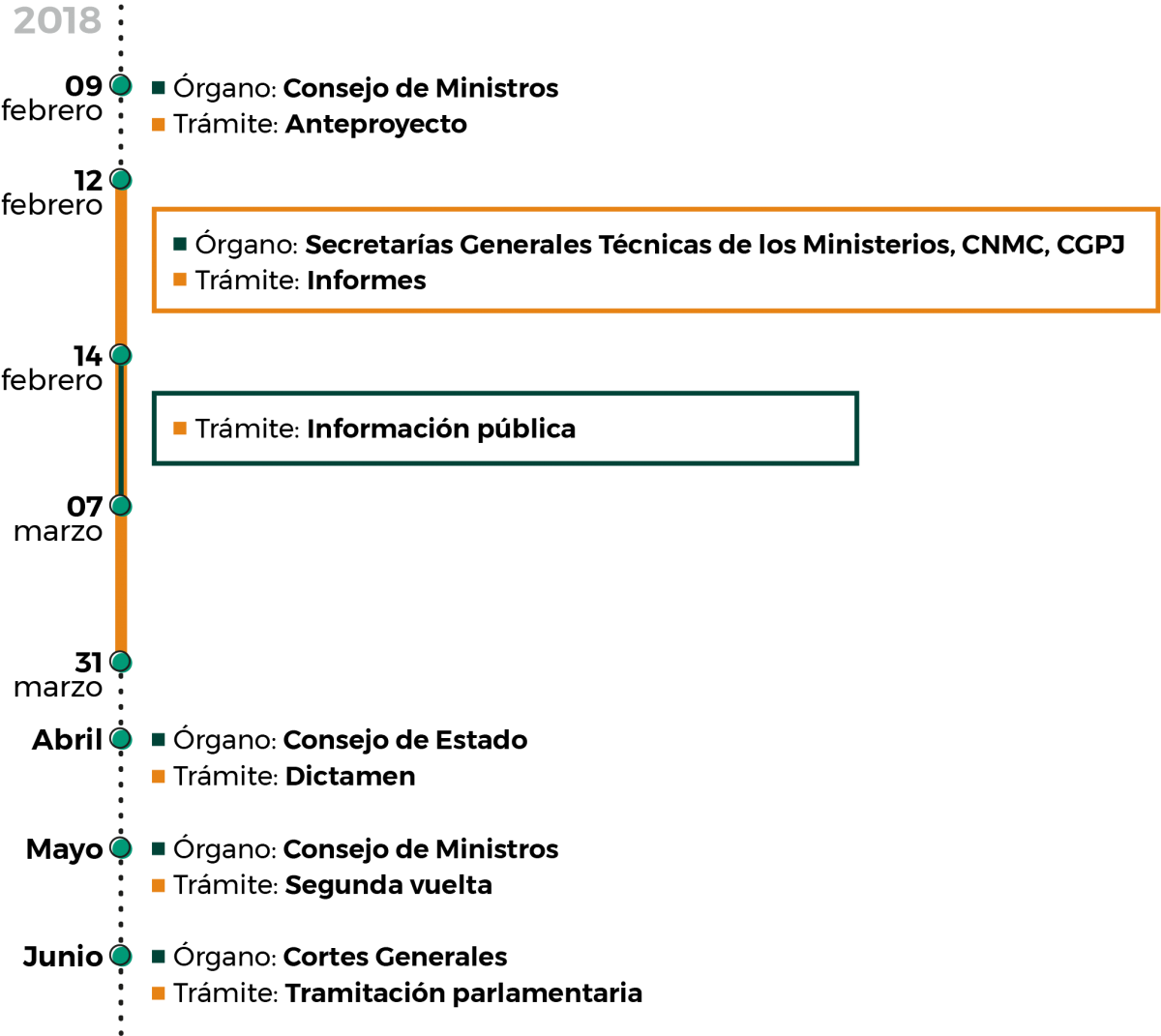A new breakthrough in the protection of trade secrets
Intellectual Property Alert 2-2018
The General Council of the Spanish Judiciary (CGPJ) publishes its Report on the Preliminary Trade Secrets Bill: the new legislation continues to make progress with the publication of this report, which introduces certain recommendations, particularly in the definition of “trade secrets”.
What are the main recommendations of the CGPJ?
- Is a new law necessary?
In the eyes of the CGPJ, there is no need for a special law, as is proposed, in order to transpose the EU Trade Secrets Directive (TSD). Indeed, the CGPJ believes that trade secrets can be protected by making changes to the Unfair Competition Law, which already protects this concept in article 13 (violation of trade secrets), and to the Civil Procedure Law.
- The concept behind trade secrets
The CGPJ recommends that certain qualifications be introduced to help clarify the requirements that a trade secret must meet. Here are a few examples: (i) the secret should not be generally known, which implies the existence of a legitimate interest in keeping it confidential and a legitimate expectation that the confidentiality will be preserved; (ii) the information should not be readily accessible to current or future competitors; (iii) the information must have business value, that is, it should provide a real and objective competitive advantage in the market; (iv) it must have been subject to reasonable steps to keep it secret, which should be assessed in view of the circumstances of the case to help the courts make their own assessment.
- How do you differentiate a trade secret from an employee’s knowledge?
This is a difficult question and one of huge interest to businesses—especially when their former employees leave to work for a competitor. However, it is often difficult to know where an employer’s “trade secret” ends and the knowledge, experience and skill of an employee- in relation to which there is no duty of confidentiality - begins. The CGPJ provides some guidelines to separate the two, such as: (i) the individuality of such knowledge with respect to the company’s secrets; (ii) the link between the knowledge and the employee’s personal/professional sphere; (iii) the impact that classifying professional secrets as knowledge would have on the employee’s professional career when accessing new jobs.
- Must there be intent, or at least a degree of fault or negligence, to “steal” a secret?
The preliminary Bill did not include any subjective elements in connection with access to trade secrets. In the eyes of the CGPJ, minimal intent, or at least a certain degree of fault or negligence, is necessary, especially bearing in mind that compensation is linked to the existence of willful misconduct or negligence.
- How will compensation for violation of trade secrets be established?
The CGPJ suggests that the criteria to calculate damages be linked to the provisions of articles 74 and 75 of the Patents Law. For example, at the choice of the holder of the secret: (i) the benefit that the holder of the secret would have been likely to obtain with the use of the secret or, alternatively, the benefit obtained by the person who has used the secret; (ii) a hypothetical license for the unlawful use of the secret.
What timeline are we looking at as regards the processing of this new piece of legislation?

Contacts

-
+34 91 514 52 00
